10 top car camping tips: how to get the most out of your trip
Our car camping tips ensure comfort is your top priority and teach you how to organize your gear before you set off and while you’re at camp for a smooth experience
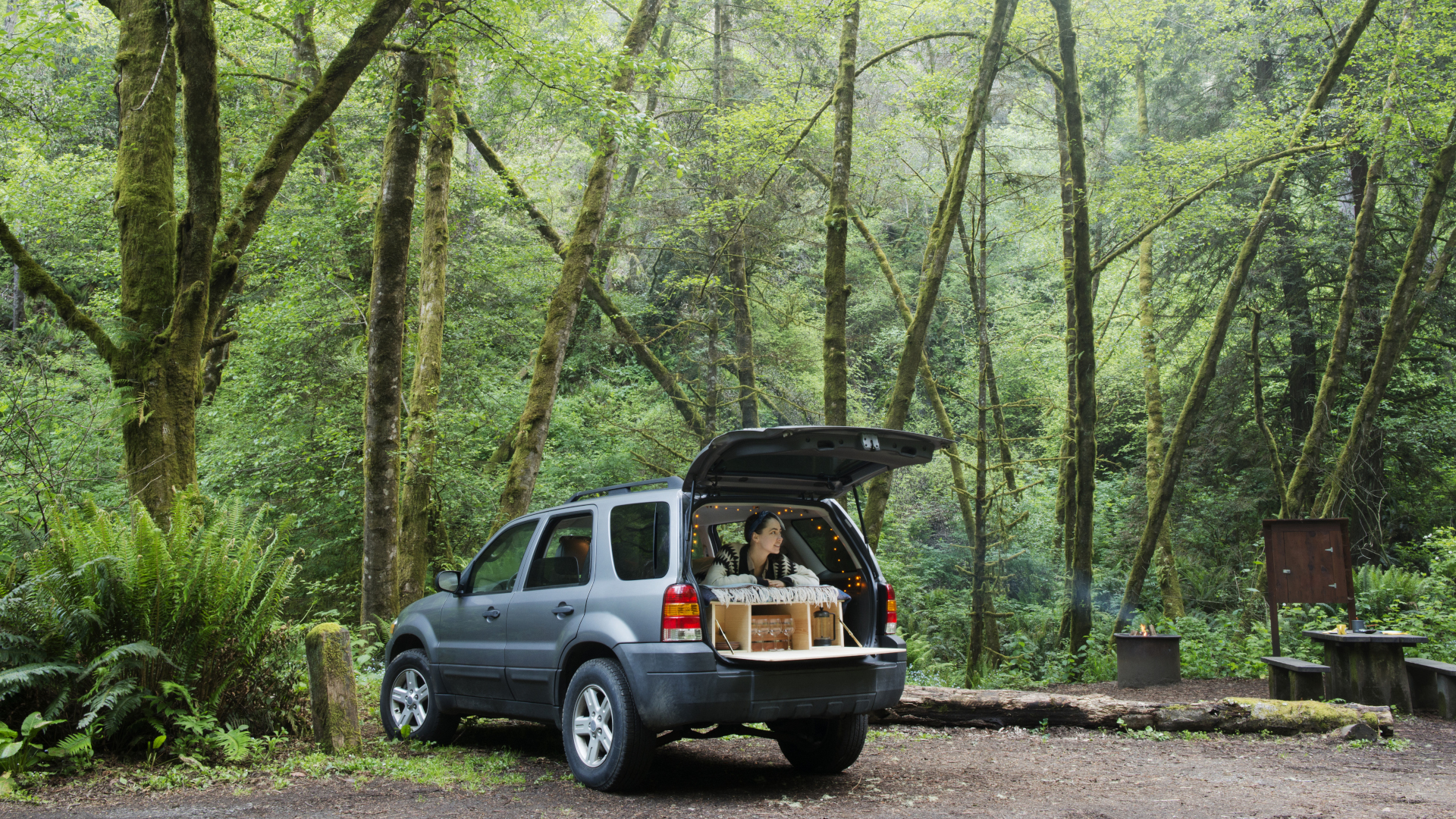
Car camping is meant to be the easiest type of camping – besides glamping anyway – but there are still mistakes you can make that can turn life at camp into a bit of a nightmare. Read on for our car camping tips to make sure comfort is your top priority and learn how to organize your gear before you set off and while you’re at camp for the smoothest possible experience.
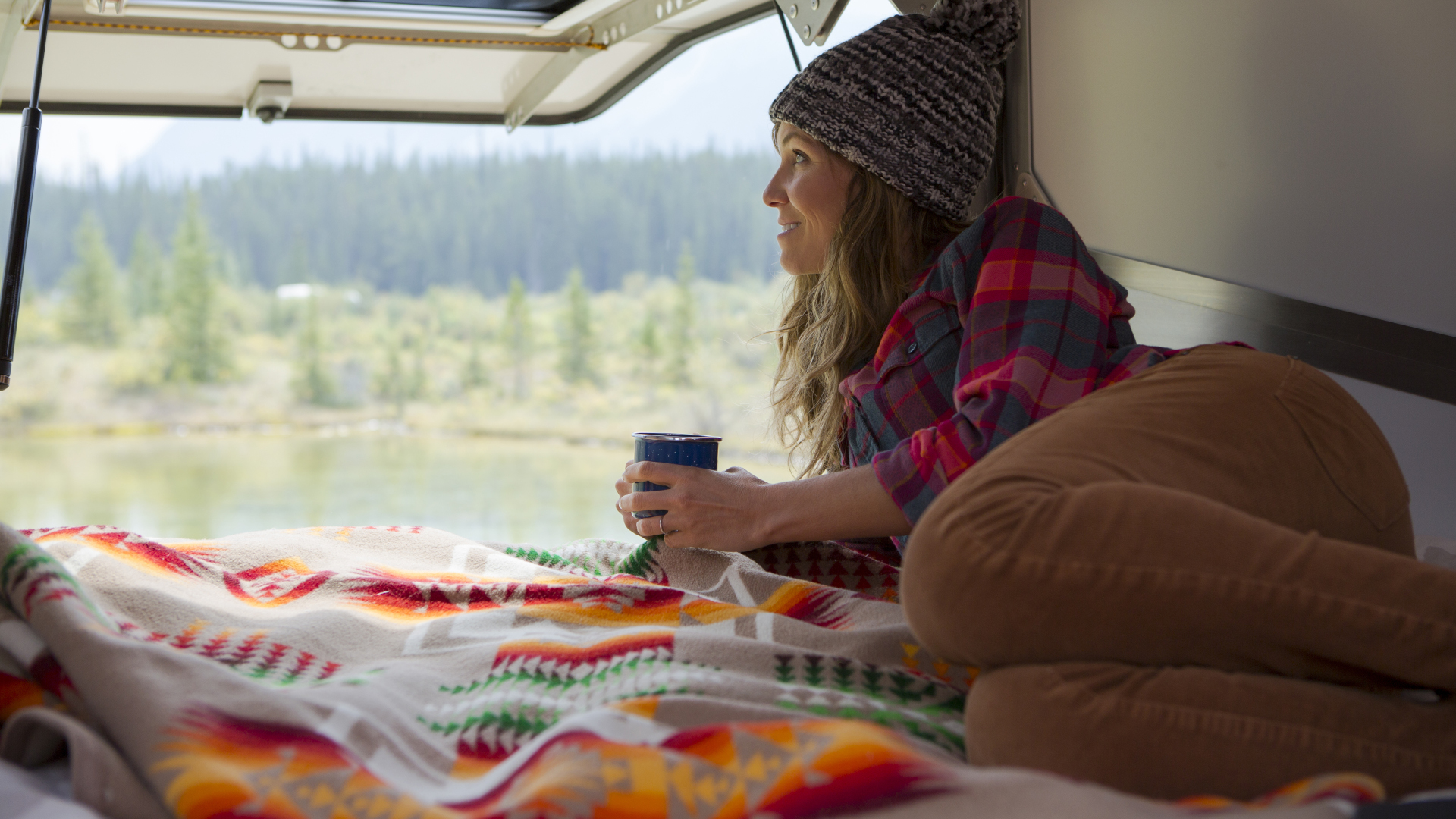
1. Fill up before you go
Chances are, you’ll be getting off the beaten path which means gas stations will be more scarce, and more expensive. The last thing you want is your low fuel light coming on when you’re miles from the nearest town, so if you’re going far, research the last major town you’ll drive through and fill up there.
2. Check on permits and reservations
Car camping is easily the most popular type of camping, so if you’re planning on camping in a developed campground, make your reservations well in advance or you could end up driving around all night looking for a spot. Of course, you can always camp on BLM land in the US, or try wild camping in the UK, but you’ll still want to be sure you can legally park and camp anywhere you go. Don't just drive onto someone’s field.
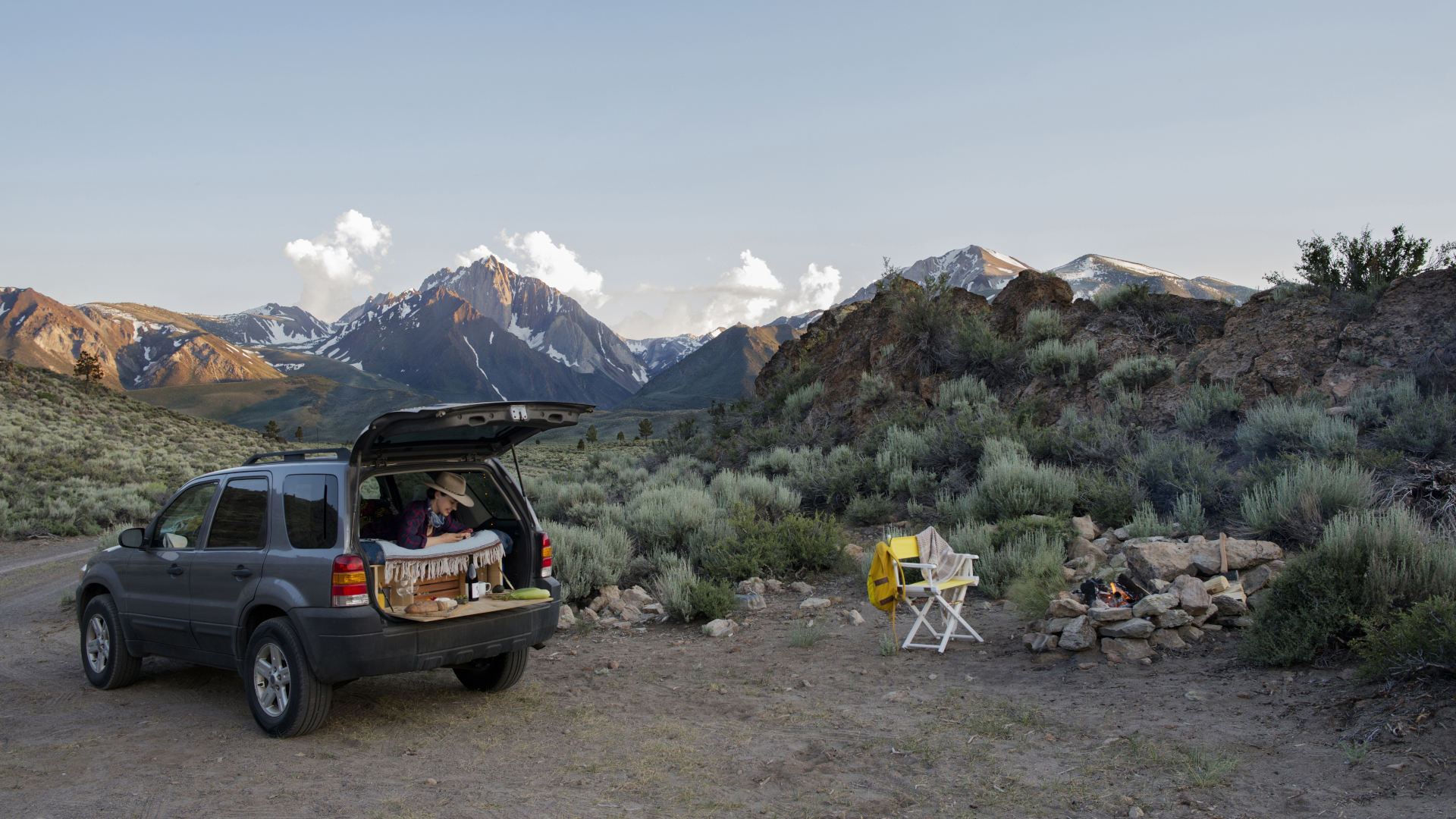
3. Pack for comfort
The whole point of car camping is that you don’t have to rough it. Pack your best sleep system with a nice, thick sleeping pad and a good camping pillow, bring camping chairs for hanging out and consider bringing a camping grill instead of a backpacking stove.
4. Get organized
Even though you can bring a lot of luxury items for car camping, it kind of defeats the purpose if you just chuck everything in your car and spend half the trip trying to find things. Invest in some cheap storage bins and organize all your gear for maximum efficiency.
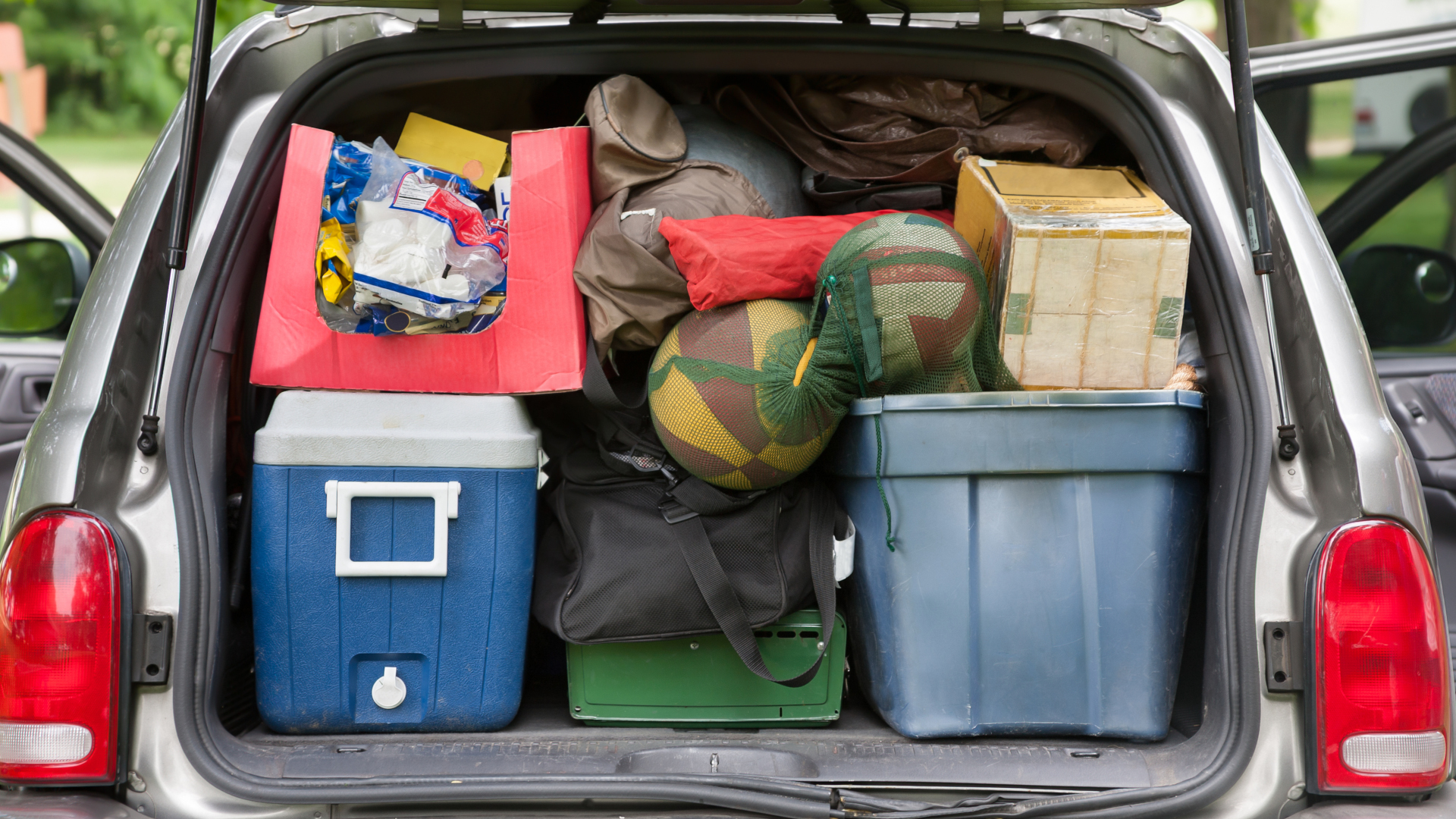
5. Brings lots of water
Unless you’re at a campsite where there’s a good source of potable water, bring several gallons of water with you and save time that you’d otherwise have to spend purifying it. Remember you’ll want enough water to drink each day plus extra for cooking and perhaps even for showering at camp.
6. Bring your own firewood
You can usually buy firewood at developed campgrounds but it comes at a premium price, while chopping firewood can be more work than you’re willing to put in. If you can have a campfire, it’s usually cheaper and easier to stock up on firewood in town then you can be roasting marshmallows as soon as your tent is set up.
All the latest inspiration, tips and guides to help you plan your next Advnture!
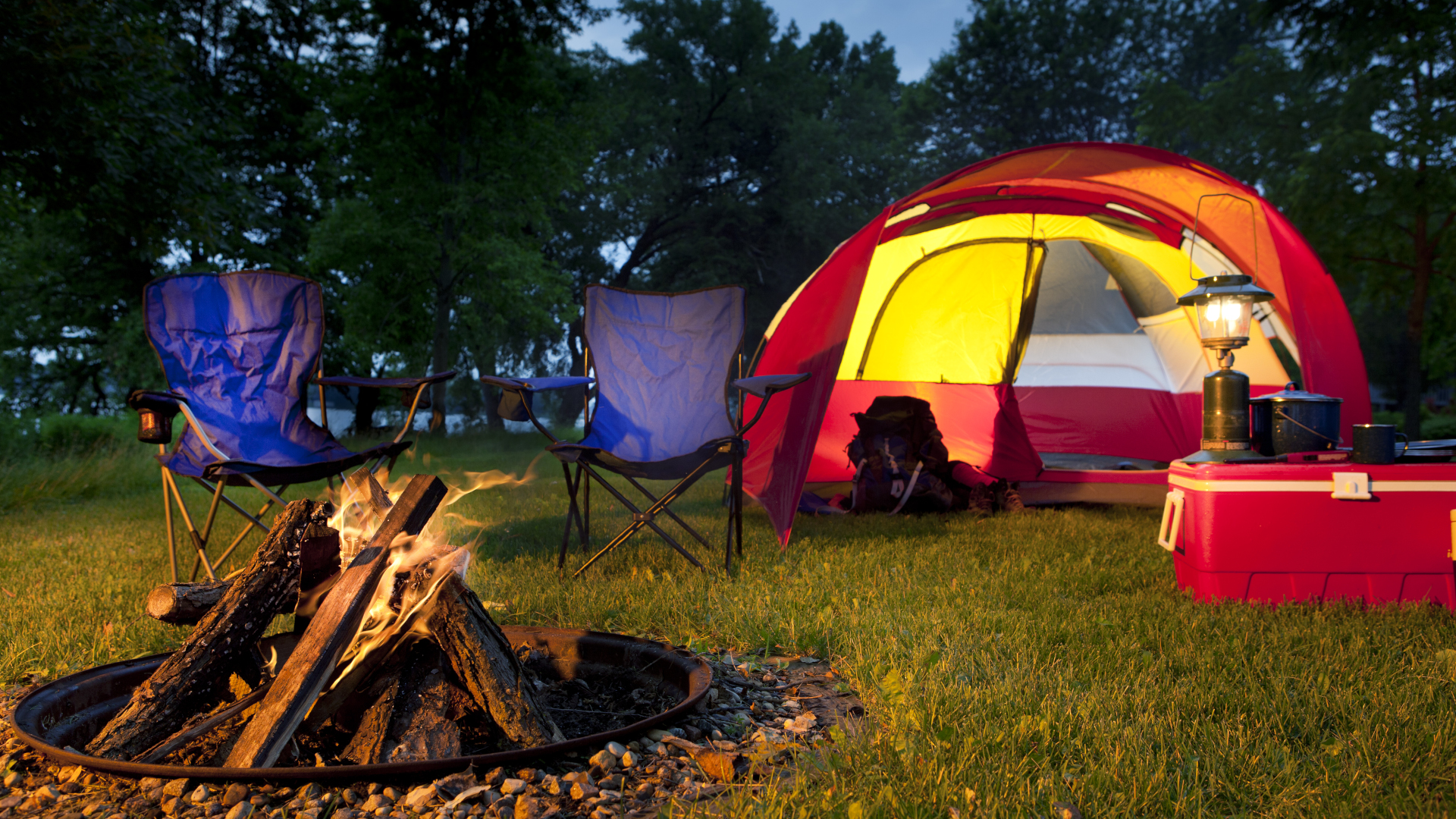
7. Use your trunk to your advantage
Once you arrive, don’t just haul everything out of your car and scatter it across the ground. You can use your trunk like a storage room and make sure items that you want easily within reach such as your cooler are stored there and well organized. If you drive a station wagon with a folding down tailgate, use that as a table for preparing your meals or laying out food. If you drive an SUV, you can even attach a tarp to the trunk door while it’s open for extra shelter if needed.
8. Keep your cooler in your car
To help keep your food cold at camp, it can be a good idea to keep your cooler in your car, especially if it’s parked in the shade. Just make sure it’s somewhere you can easily access it. At night, or any time you’re away from your car, make sure your food is stored in your car and all the doors and windows are tightly closed to keep bears and other critters at bay.
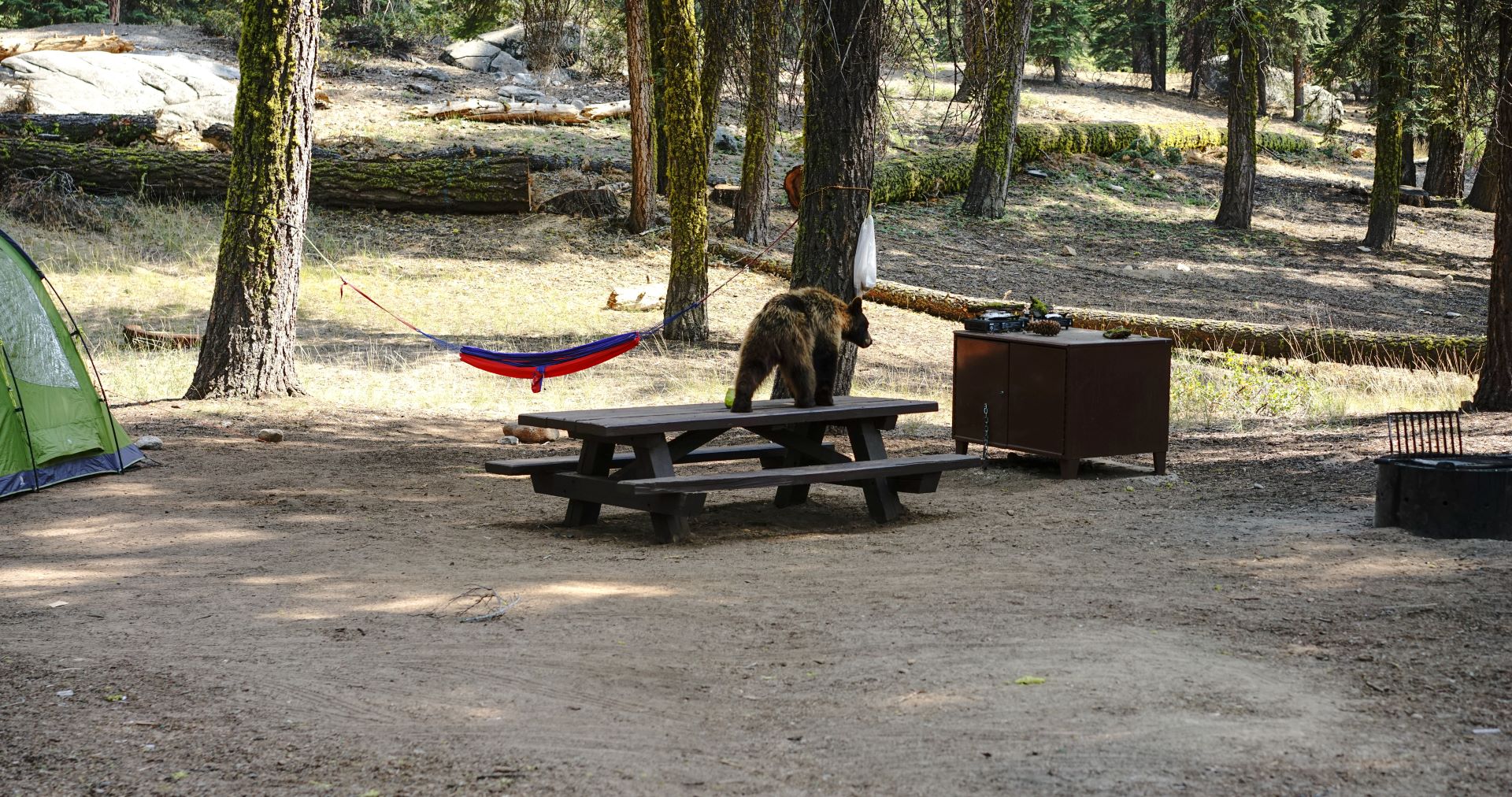
9. Don’t run your car
Since so many gadgets like phone chargers and camping coffee makers can run off your car’s cigarette lighter, it’s tempting to run it from time to time, but this isn’t good for the environment or your fellow campers. It’s best to bring a solar powered phone charger and use camping gadgets that rely on batteries or hot water.
10. Turn your overhead lights off
Chances are, you’ll be rummaging around your car looking for things and you want to make sure you don’t leave those handy overhead lights on or you’ll end up stuck at camp on leaving day until you can find a jump start. The safest solution is to make sure those lights are set to be permanently off and use your headlamp or best camping lantern any time you’re rooting around in the dark.
Julia Clarke is a staff writer for Advnture.com and the author of the book Restorative Yoga for Beginners. She loves to explore mountains on foot, bike, skis and belay and then recover on the the yoga mat. Julia graduated with a degree in journalism in 2004 and spent eight years working as a radio presenter in Kansas City, Vermont, Boston and New York City before discovering the joys of the Rocky Mountains. She then detoured west to Colorado and enjoyed 11 years teaching yoga in Vail before returning to her hometown of Glasgow, Scotland in 2020 to focus on family and writing.

